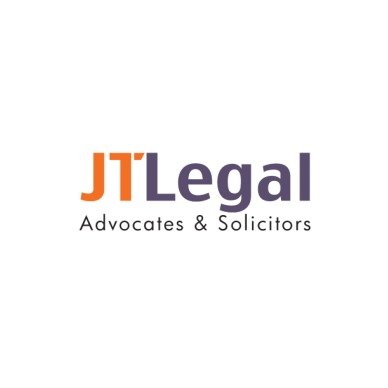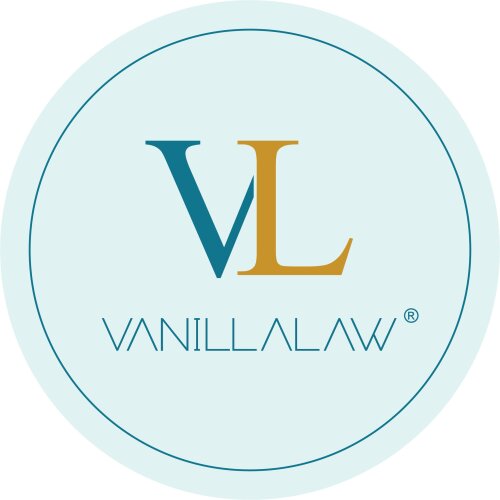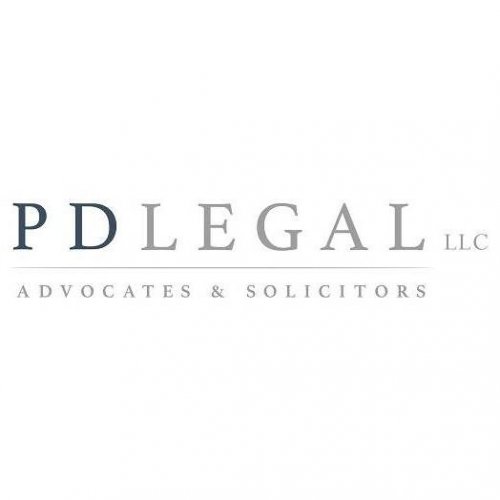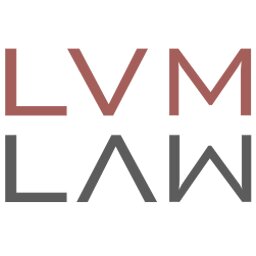Best E-commerce & Internet Law Lawyers in Singapore
Share your needs with us, get contacted by law firms.
Free. Takes 2 min.
Or refine your search by selecting a city:
List of the best lawyers in Singapore
About E-commerce & Internet Law in Singapore
E-commerce & Internet Law in Singapore is an evolving field that governs online business activities, digital transactions, and internet communications. The legal landscape encompasses a range of regulations addressing issues such as electronic contracts, digital signatures, consumer protection, data privacy, cybersecurity, and intellectual property. Singapore aims to be a regional hub for technology and innovation, and its legal framework reflects a commitment to facilitating a secure and thriving digital economy.
Why You May Need a Lawyer
In the realm of E-commerce & Internet Law, several situations may necessitate seeking legal counsel:
- Contractual Disputes: Issues related to the formation, performance, or breach of online agreements can arise, requiring legal intervention.
- Intellectual Property Protection: Ensuring your online business's content and products are protected against infringement.
- Data Privacy: Navigating the complexities of customer data collection, use, and protection under local privacy laws.
- Cybersecurity Breaches: Addressing liabilities and obligations following a cyber attack or data breach.
- Regulatory Compliance: Ensuring adherence to local regulations regarding e-commerce activities, advertising, and digital content.
Local Laws Overview
Singapore has several key pieces of legislation important to E-commerce & Internet Law:
- Electronic Transactions Act (ETA): Facilitates e-commerce transactions by recognizing electronic records and signatures as legally valid.
- Personal Data Protection Act (PDPA): Governs the collection, use, and disclosure of personal data by organizations.
- Computer Misuse and Cybersecurity Act: Addresses unauthorized access and modification of computer material and the security of critical information infrastructure.
- Copyright Act: Protects the rights of creators in the digital realm, including online publications, software, and multimedia content.
- Consumer Protection (Fair Trading) Act: Guards against unfair practices in e-commerce, ensuring consumer rights are upheld.
Frequently Asked Questions
What constitutes a valid electronic contract in Singapore?
An electronic contract is as valid as a traditional paper contract. As per the Electronic Transactions Act, an offer, acceptance, consideration, intention to create legal relations, and legality must be established.
How can businesses protect themselves from potential cybersecurity breaches?
Businesses should implement robust security measures, such as encryption, firewalls, and regular security audits. Compliance with laws like the Computer Misuse and Cybersecurity Act is crucial for legal protection.
What are the penalties for personal data misuse under the PDPA?
Non-compliance with the PDPA can result in fines up to SGD 1 million and affect a business’s reputation. Violations include failing to obtain consent before collecting or using personal data improperly.
Are digital signatures legally recognized in Singapore?
Yes, digital signatures hold the same legal weight as handwritten signatures, provided they comply with the conditions outlined in the Electronic Transactions Act.
How does the Copyright Act affect online content creators?
The Copyright Act protects the intellectual property of content creators, giving them exclusive rights to reproduce, distribute, and perform their work. Infringements can lead to legal action.
What are unfair practices under the Consumer Protection Act?
Unfair practices include false advertising, selling counterfeit goods, and offering services that fail to meet stipulated standards. These are actionable under the Consumer Protection (Fair Trading) Act.
How can businesses ensure compliance with e-commerce regulations?
Businesses should stay informed about regulatory changes and consider consulting legal experts to audit their practices for compliance with current laws.
Is web content filtering regulated in Singapore?
Yes. Content that contravenes the Broadcasting Act, such as obscene or objectionable material, is regulated. Businesses must ensure their content complies with local laws.
What is Singapore’s stance on spam and unsolicited communications?
The Spam Control Act addresses unsolicited commercial communications, specifying standards and requiring opt-out options to prevent spam-related issues.
How can consumers resolve e-commerce disputes?
Consumers can seek resolution through mediation, arbitration, or by filing a complaint with the Consumers Association of Singapore (CASE) or relevant legal bodies.
Additional Resources
Those seeking further information or needing assistance can consult the following resources:
- Infocomm Media Development Authority (IMDA): Provides guidance on digital business practices.
- Personal Data Protection Commission (PDPC): A resource for understanding data protection obligations.
- Consumers Association of Singapore (CASE): Offers support and mediates in consumer disputes.
Next Steps
If you find yourself in need of legal assistance in E-commerce & Internet Law, consider the following steps:
- Identify Your Needs: Clearly define the legal issue or query you are facing.
- Research Legal Professionals: Look for lawyers or firms specializing in E-commerce & Internet Law in Singapore for specialized expertise.
- Schedule Consultations: Arrange meetings with potential legal advisors to discuss your case and evaluate their suitability.
- Engage a Lawyer: Choose a lawyer who best meets your needs and proceed with their guidance to address your legal matters effectively.
Lawzana helps you find the best lawyers and law firms in Singapore through a curated and pre-screened list of qualified legal professionals. Our platform offers rankings and detailed profiles of attorneys and law firms, allowing you to compare based on practice areas, including E-commerce & Internet Law, experience, and client feedback.
Each profile includes a description of the firm's areas of practice, client reviews, team members and partners, year of establishment, spoken languages, office locations, contact information, social media presence, and any published articles or resources. Most firms on our platform speak English and are experienced in both local and international legal matters.
Get a quote from top-rated law firms in Singapore — quickly, securely, and without unnecessary hassle.
Disclaimer:
The information provided on this page is for general informational purposes only and does not constitute legal advice. While we strive to ensure the accuracy and relevance of the content, legal information may change over time, and interpretations of the law can vary. You should always consult with a qualified legal professional for advice specific to your situation.
We disclaim all liability for actions taken or not taken based on the content of this page. If you believe any information is incorrect or outdated, please contact us, and we will review and update it where appropriate.
Browse e-commerce & internet law law firms by city in Singapore
Refine your search by selecting a city.
















